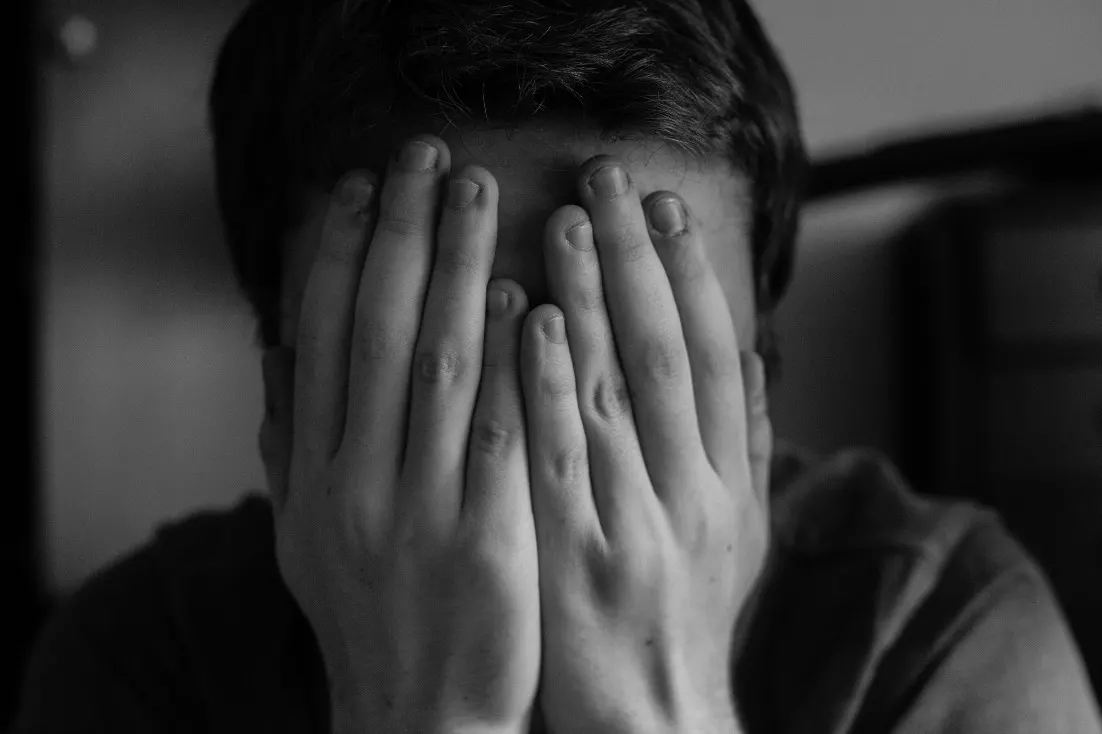Do you know the common warning signs of depression? If not, you’ve come to the right place. Keep reading to learn more.
Depression is a common mental health disorder. Despite major advances in mental health care, depression is still poorly understood. Many people who have depression still feel uncomfortable about talking about their condition. There is still a stigma attached to mental health problems in our society.
As a parent, the last thing you want is to see your child unhappy. No matter how old they are, they never stop being your baby. If you’re worried about your teenage or adult child, here are some tips to help you spot and recognize the warning signs of depression and support your child.

Image via Flickr
Spotting the Warning Signs of Depression
Depression affects people in different ways. It can be mild, moderate or severe. Often, it can be tricky to detect and diagnose. In society, there is a general assumption that depression is a feeling of sadness. However, the condition is much more complex, and it’s not something you can shake off.
If you are depressed, you are likely to go through periods of feeling very low. You may also feel sad, guilty, and confused. In the most extreme cases, people question their worth and consider taking their own life. For a more thorough understanding of how all of this works, you need to know what is MTHFR and about MTHFR mutation.
Signs of depression you may notice as a parent include:
- Becoming withdrawn and antisocial
- Losing interest in social activities
- Spending more time alone
- Mood swings
- Irritability
- Changes in weight
- Insomnia and reduced energy levels
- Becoming anxious
- Being tearful and emotional
How to Support Your Child
If you see some of these warning signs of depression in your child, one of the most important things you can do for your child is to recognize that they have a problem. There is no overnight cure for depression.
Encourage your child to talk to you and share their worries and feelings. Be there for them. Show them your support and be patient. Urge them to seek help for depression and go through the treatment process with them. Reassure them that they are doing the right thing by seeking help.
In mild cases, medication and self-help techniques can make a major difference. In more severe cases, often more intensive treatment may be recommended. Counseling and talking therapies can be hugely beneficial. Often, young adults feel self-conscious about talking to people they know. It may be easier for them to open up to somebody they’ve never met before.
Wilderness therapy programs for troubled young adults remove young people from their usual environment. They provide support for young people and encourage them to identify and overcome issues. It can be very challenging for parents to cut off contact with their child for a period of time. But spending time in a different setting can have significant benefits for both parties.
In Conclusion
If your child has severe depression, work through treatment options with them and be as honest and open as you can. Seek professional advice and be there to support them throughout. Don’t forget that it’s also important to focus on your own health and well-being. If you need help or advice, don’t suffer in silence.
No parent wants to see their child suffer. With these tips, you can help to identify the warning signs of depression, learn to spot other problems, and work with your child to find effective solutions.
